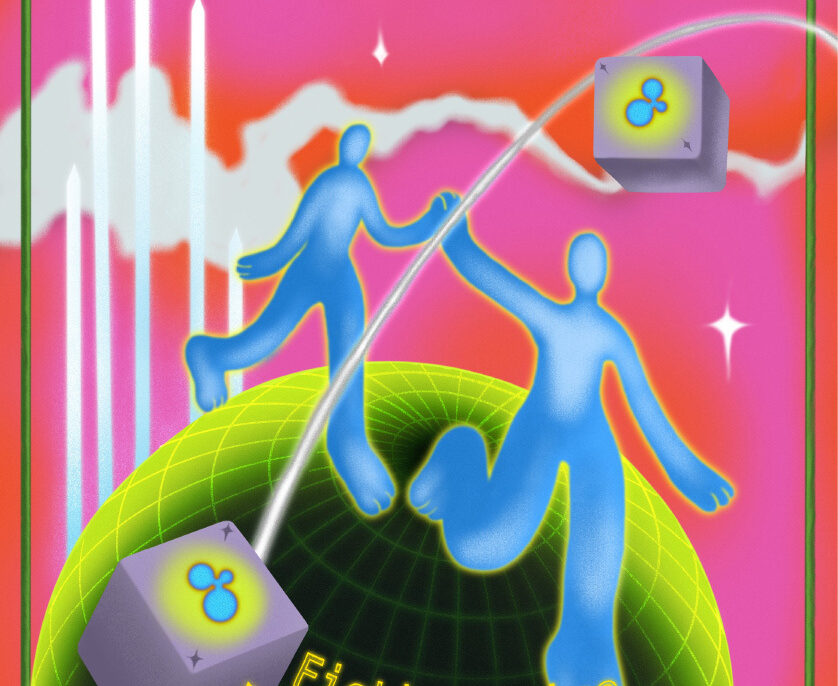There’s no doubt that today’s digital spaces are mainly ruled by a handful of profit-hungry technology megacorporations. Their practices benefit society’s most powerful and exclude marginalized groups and individuals. From social media platforms to search engines to our GPS technologies, the internet is not as free as we’d like to believe. But can it be otherwise? How can the internet operate in ways that uplift peoples, democracies, and the globe, rather than further harm the disadvantaged?
For Bread&Net 2022, we sent out a call for fiction stories that imagine digital futures where online communities succeed in propelling the values of openness, tolerance, the free exchange of knowledge, and collective efforts for social justice and transborder liberation.
Although this was the initial “utopian” promise of digital technology—and the internet in particular— tech companies under capitalism did quite the opposite. They made it easier to surveil, control, profile, and profit from our data, bodies, and behaviors, often in ways obscure to us. This lack of transparency made it almost impossible to challenge and change their policies and practices.
Governments, in compliance with tech companies, have repeatedly abused the internet and communications technologies to spread political disinformation, identify and prosecute rightful dissent, muzzle free speech online, and incite senseless violence. We have also seen how artificial intelligence and machine learning often inherit, replicate and amplify social, racial, and gender bias and prejudice, threatening the wellbeing and livelihood of minority groups and entire peoples.
We invited aspiring writers with lived experience of marginalization and/or from grassroots and social justice movements to imagine how the world would look if technologies had been used to truly free, protect, and advance humanity and the planet.
The works of three promising writers, Sacha Robehmed, Wadih El Haddad, and Ibrahim Jouhari, were selected. You can read their pieces below.
Sacha Robehmed is a design researcher focused on technologies in humanitarian contexts. Through her research, she develops rights-based and inclusive digital services, policies, and strategies, working with refugee communities and civil society organizations. She was based in north Lebanon until 2021.
Read Welcome the Gift.
Wadih El Haddad is a Lebanese-Palestinian graphic designer, illustrator, and writer based in Beirut. He lives with seven plants and a ton of ancestral ghosts. He spends his time looking for strings that connect the past to his present. You can follow up with his work and doodles on his Instagram page @wadihhaddad.
Read Sprouting Roots.
Ibrahim Jouhari is a consultant working with several civic organizations and is the lead researcher at the Issam Fares Institute – Electoral Lab. He has a master’s in Political Science from AUB and has been working on data liberation, elections, and international affairs.
Read I Have a Plan.



